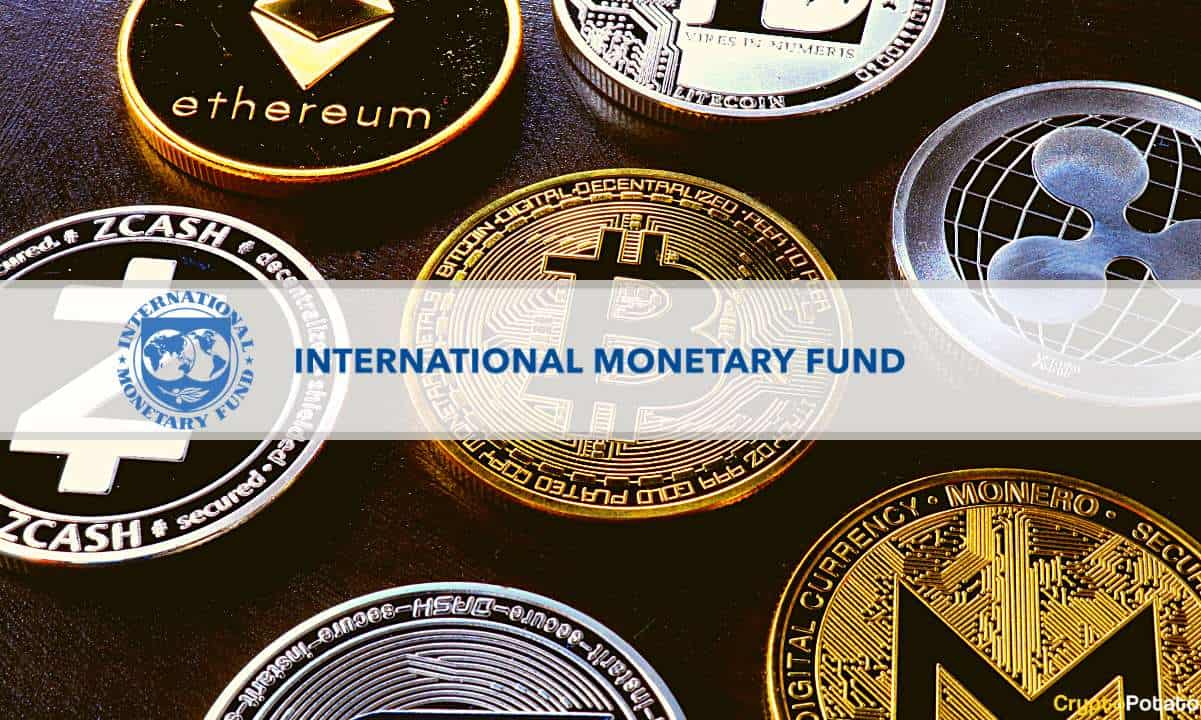US Treasury Secretary Expresses ‘Skepticism’ on Crypto Financial Stability Impact
Janet Yellen – Secretary of the US Treasury and former Fed Chair – recently discussed cryptocurrency’s benefits, risks, and relationship with Russia on CNBC’s Squawk Box. While she recognized the industry’s growth, she also noted numerous risks it poses to both consumers and the financial system.
Regulating the Risks
In conversation with Andrew Sorkin, Yellen was asked about her thoughts on Russia’s willingness to accept Bitcoin for oil exports. This is part of the nation’s effort to expand its currency trading options with its friendly neighbors following its cutoff from the use of dollars or euros.
Yellen’s answer was a bit indirect. “Crypto has obviously grown by leaps and bounds,” she said, “and it’s now playing a significant role – not really so much in transactions, but in investment decisions of a lot of Americans.”
Indeed, while 25% of U.S. investors reportedly own Bitcoin, even some staunch Bitcoin bulls are keener to think of it as digital gold, rather than a medium of exchange. However, scaling solutions like the lightning network are growing and incentivizing the adoption of Bitcoin for conducting trade.
In fact, one Visa survey indicated that 25% of small businesses plan to accept Bitcoin and other cryptos for trade-in 2022.
As such, the government is paying attention. Yellen made mention of President Biden’s recent Executive Order on organizing research and regulation of the crypto industry.
However, she still shows some of her long-standing skepticism of the technology. “There are valid concerns around it,” she said. “Some have to do with financial stability, consumer/investor protection, use for illicit finance, and other things.”
Nevertheless, the Treasury Secretary recognizes crypto as a provider of innovation to the payment system.
Fears About Financial Stability
Financial stability concerns around crypto have been floated by financial regulators throughout the world in recent months. Jon Cunliffe – Deputy Governor at the Bank of England – has suggested that crypto could spark a financial collapse due to its volatility, and integration with traditional financial markets.
Similarly, the International Monetary Fund called on El Salvador to remove Bitcoin as legal tender in January to avoid certain financial stability risks. Interestingly, the authority made the reverse evaluation of Bitcoin’s use case from Yellen’s: “A crypto-asset might catch on as a vehicle for unbanked people to make payments, but not to store value,” it said at the time.









